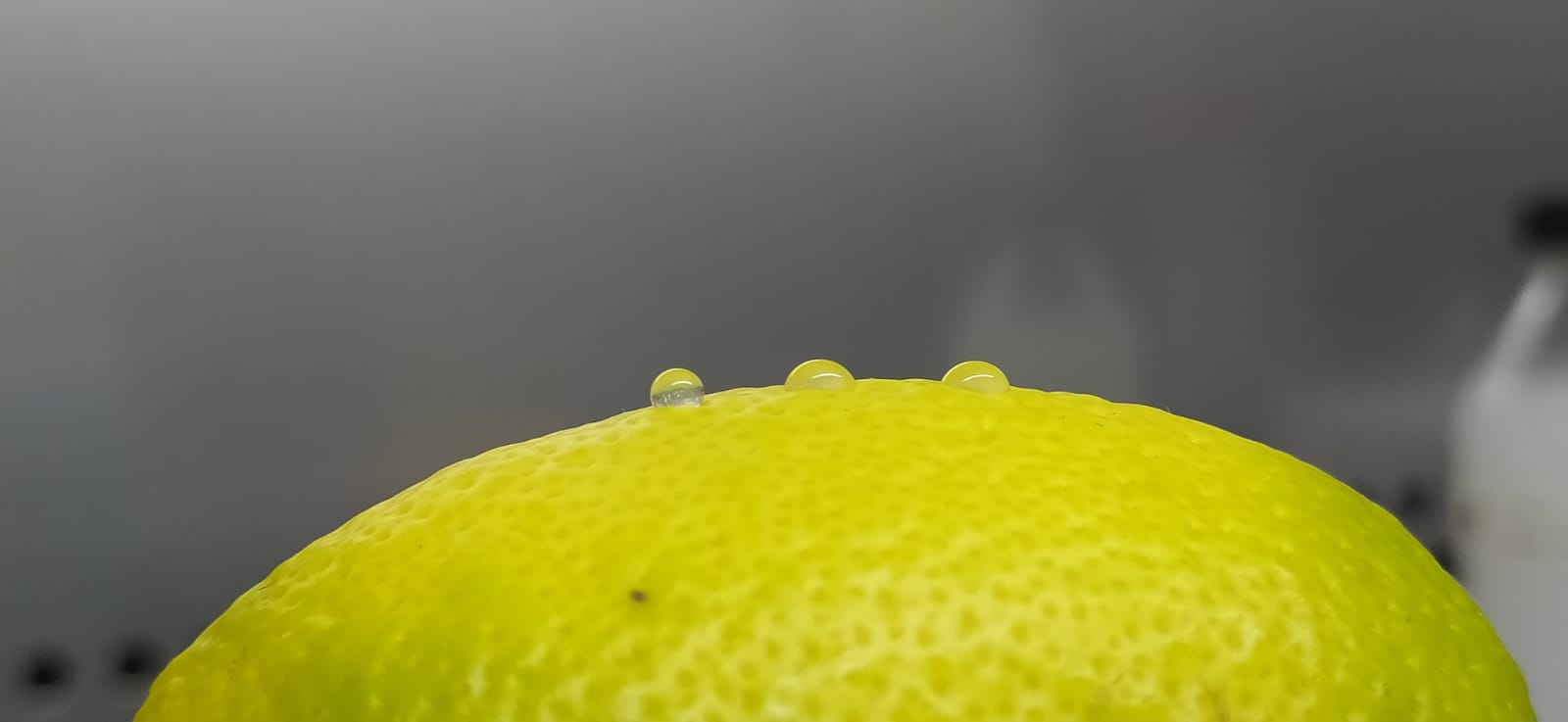Here’s one of those questions you’ve probably never considered, but probably should: What goes on your fruit? Not out in the field — though obviously that’s something worth considering too — rather in that period between the picking and purchasing? Turns out pesticides aren’t just the stuff that gets sprayed out the back of a big bi-plane.
Nat4bio is a young Argentinian startup focus on precisely that — namely the thin layer of coating applied to produce. This serves two key purposes. First is the aforementioned pesticide requirement. Beyond dealing with insects in the field, growers and vendors have to reckon with microscopic threats.

The second is the ever-tricky ripening process. How, when and where a piece of fruit should ripen isn’t a straigh forward proposition. Some fruits, like bananas, are often picked when green and encouraged to ripen en route to their destinations. Berries, on the other hand are different. In cases like that, where things start to break down rapidly, a good coating will delay the ripening process.
Of course, there’s one big caveat in all of this: It’s going on fruit, and therefore needs to be edible.
“The product is made of two main compounds, both of them are obtained through microbial fermentation of native and non-GMO strains,” co-founder and CEO Joaquin Fisch tells TechCrunch. “The first main compound is glucose-based polymer. It’s combined with other food-grade excipients in a very small quantity. Those excipients are meant to provide the formulation-desired mechanical properties, such as viscosity, adherence and elasticity of the film.”
In addition to protecting the produce from potentially harmful microbes, it also limits the exchange of gases that accelerate the ripening process. The company is currently targeting produce grown in Latin American, including its native Argentina, as well as Chile, Peru and — potentially — Mexico.
The company is still quite small, with four full-time staff, Fisch included. He met the other two founders as part of a company-building exercise run by Argentina-based Incubator/VC, Green Exponential. It has since taken part in SOSV’s IndiebBio program, running March to June of last year. It has thus far raised a pre-seed round of $750,000.
Nat4bio is showing their food-grade coating for citrus fruits this week at Startup Battlefield at TechCrunch Disrupt, with additional plans to prototype formulas for avocados and berries.



































Comment